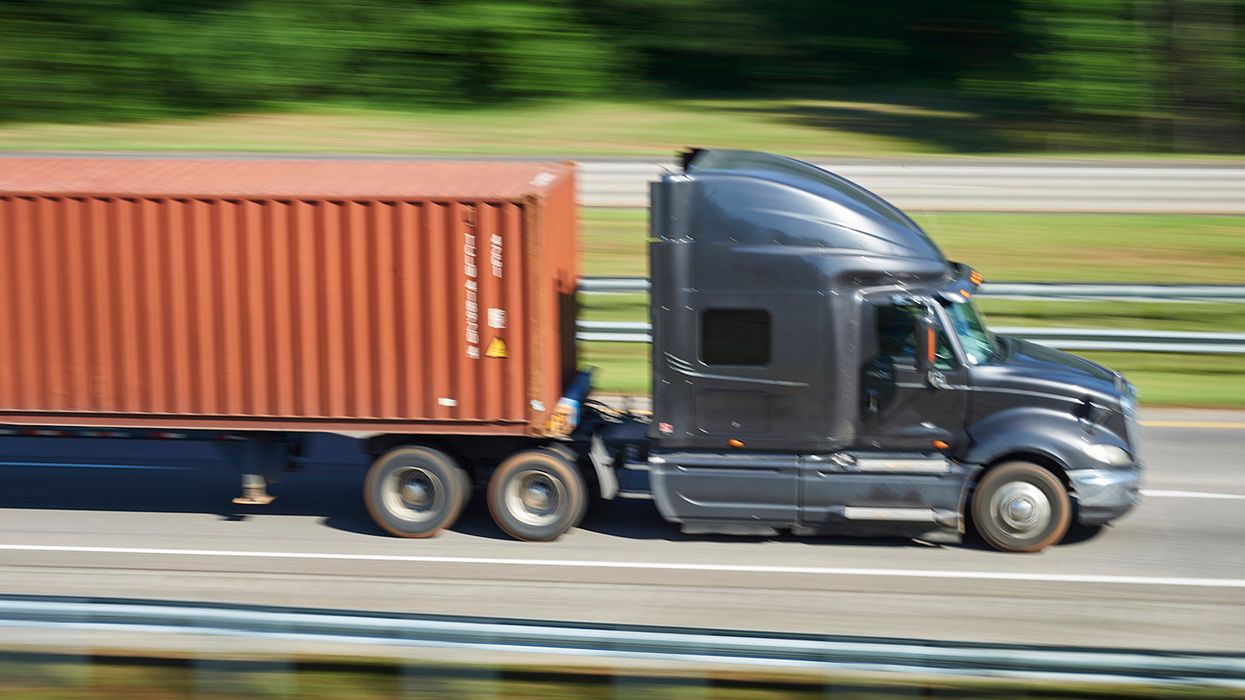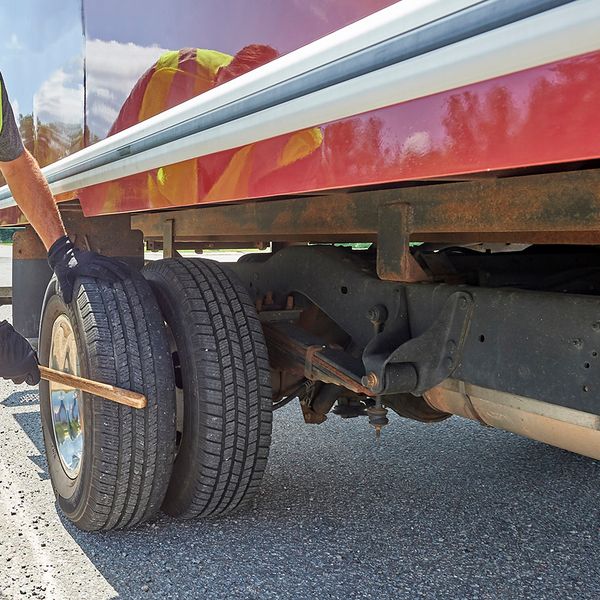Transportation Monthly Round Up - June 2023
It’s gearing up to be a busy couple of years for new FMCSA regulations. The agency’s latest rulemaking roadmap says a whopping 14 new rules will be proposed this summer, and another 8 before the year is out. This includes proposals related to cargo securement, speed limiters, ELDs, the Clearinghouse, railroad crossings, the safety rating process, and more.
One “final” rule is also expected soon: a set of technical corrections to the FMCSRs. The public will have an opportunity to submit comments on all proposed changes. Motor carriers will want to pay close attention to the many regulation changes expected in the year(s) to come.
The U.S. DOT has announced a proposed rule that would require all new vehicles weighing more than 10,000 pounds to have automatic emergency brakes, or AEBs. AEBs use sensors to detect an imminent crash and then automatically apply the brakes or supplement the driver’s braking.
The DOT says the rule, if finalized as written, is expected to prevent over 19,000 crashes, 8,800 injuries, and 155 deaths while adding only about $400 to vehicle manufacturing costs. It would be phased in over a five-year period for all new Class 3 to Class 8 vehicles, though most Class 8 trucks already have automatic emergency brakes as a standard feature.
Did you claim your fuel tax breaks? In the past two years, several states and provinces offered fuel tax holidays to lower costs for motor carriers.
Carriers licensed with the International Fuel Tax Association (IFTA) and traveling in these jurisdictions saw reduced tax rates. Since the tax breaks apply only to certain types of fuel and for specific time periods, filing quarterly returns became more complex than ever. But, taking time to sort out the details can maximize the benefit to your bottom line.
Jurisdictions offering fuel tax holidays in the past two years include Alberta, Connecticut, Florida, Georgia, Maryland, New York, and Newfoundland. To maximize your fuel tax break, identify all miles traveled in affected states during tax holidays and remember to claim the reduced rates for those quarters.
CVSA Operation Safe Driver begins July 9 and runs until July 15. It is a traffic enforcement and educational blitz done by the officer members of CVSA and is aimed at improving driving behaviors of CMV drivers and the passenger vehicle drivers around them.
Officers will be on the lookout for drivers engaging in risky behavior and drivers identified as unsafe will be pulled over and cited or warned. The focus this year will be on speeding. Other areas of emphasis will be improper lane changes, passing or turns, using a handheld device, and failure to wear a seat belt. Ensure your drivers and safety teams are prepared for this important event.
The FMCSA has announced lower Unified Carrier Registration (UCR) fees for 2024 and beyond. States collect annual UCR fees from motor carriers, brokers, freight forwarders, and leasing companies.
The fees for 2024 are about 9 percent less than the fees for the 2023 registration year, which means carriers can expect to pay up to $3,453 less than they paid for 2023, depending on the number of vehicles. Carriers can begin paying 2024 UCR fees on October 1st.
That’s it for this month’s round up. Stay safe, and thanks for watching.



















































